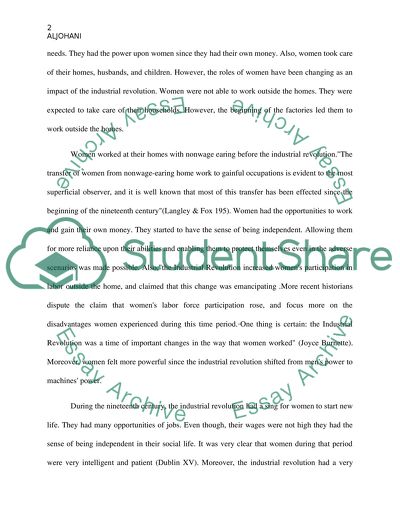Cite this document
(“Women after Industrial Revolution Research Paper”, n.d.)
Women after Industrial Revolution Research Paper. Retrieved from https://studentshare.org/literature/1488416-women-after-industrial-revolution
Women after Industrial Revolution Research Paper. Retrieved from https://studentshare.org/literature/1488416-women-after-industrial-revolution
(Women After Industrial Revolution Research Paper)
Women After Industrial Revolution Research Paper. https://studentshare.org/literature/1488416-women-after-industrial-revolution.
Women After Industrial Revolution Research Paper. https://studentshare.org/literature/1488416-women-after-industrial-revolution.
“Women After Industrial Revolution Research Paper”, n.d. https://studentshare.org/literature/1488416-women-after-industrial-revolution.


